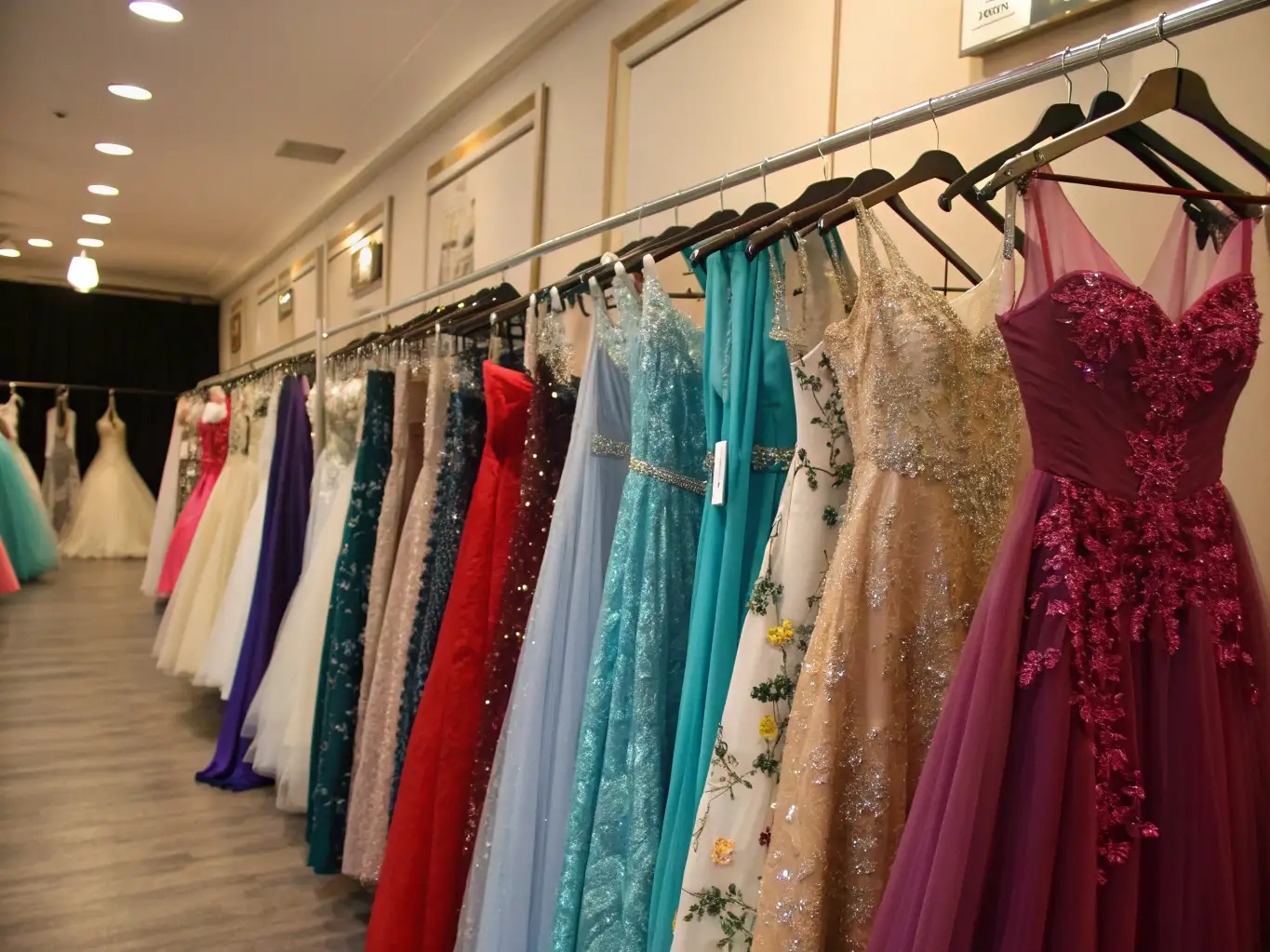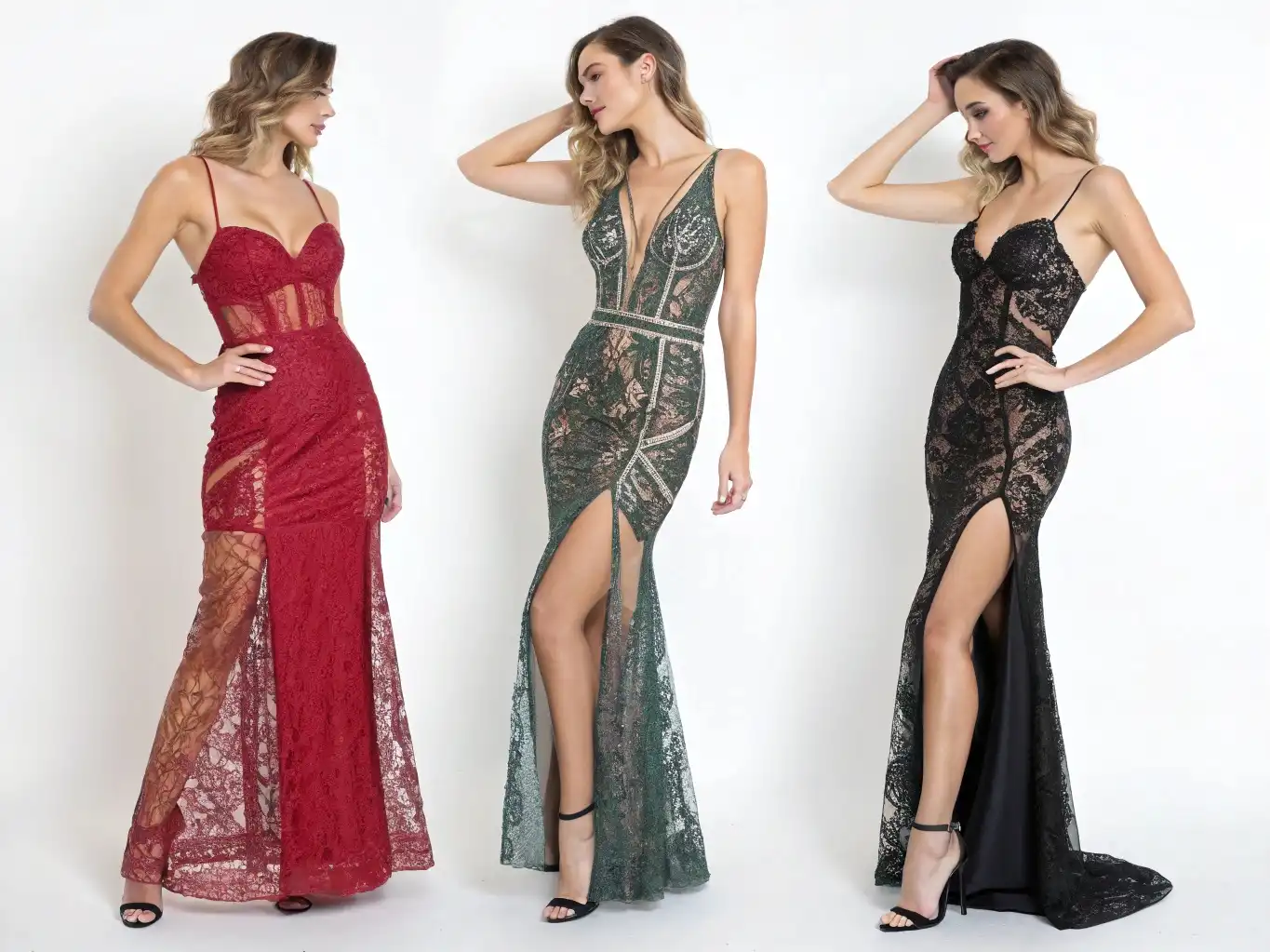Private label clothing manufacturers provide businesses with the opportunity to create custom apparel without owning production facilities. But when premium quality is a priority, finding the right partner is essential for success.
Private label manufacturers offer businesses the ability to produce high-quality clothing under their brand name, ensuring exclusivity and control over design.
Let’s explore the concept of premium private label, its advantages, and the differences between private label and manufacturer brands.
What is premium private label?
Premium private label takes the private labeling model to the next level, focusing on superior quality and unique designs.
Premium private label1 refers to high-end products manufactured by third parties but branded and sold under a company’s label. These items emphasize luxury, quality, and exclusivity.
 Modern Wardrobe with Garden View
Modern Wardrobe with Garden View
Dive deeper into premium private label:
-
Quality assurance:
- Premium private label2 products use superior materials like organic cotton, cashmere, or fine wool.
-
Customization:
- Offers businesses complete control over designs, logos, and packaging for a luxurious brand image.
-
Target audience:
- Appeals to discerning customers willing to pay more for exclusivity and quality.
Example:
A high-end activewear brand might partner with a premium private label manufacturer to produce moisture-wicking leggings with proprietary fabrics and customized branding.
What does private label clothing mean?
Private label clothing3 is a growing trend in the fashion industry, allowing businesses to create custom products with minimal overhead.
Private label clothing means apparel produced by a third-party manufacturer but sold under a retailer’s brand name. The retailer controls the branding, design, and marketing.
Dive deeper into the private label process:
-
Production:
- A retailer selects a manufacturer to produce clothing based on their specifications.
-
Branding:
- The retailer applies their logo, labels, and packaging to the finished products.
-
Distribution:
- Products are sold through the retailer’s stores, online platforms, or wholesale channels.
Benefits:
- Cost efficiency: No need for in-house production facilities.
- Brand flexibility: Allows businesses to quickly adapt to trends.
Example:
Retailers like Target and Nordstrom offer private label clothing lines, creating exclusive collections for their stores.
What are the disadvantages of private label brands?
While private label brands offer many benefits, there are challenges4 businesses should consider before adopting this model.
The disadvantages of private label brands include dependency on manufacturers, limited control over production processes, and the risk of inconsistent quality.
Dive deeper into the challenges:
-
Manufacturer dependency:
- Businesses rely heavily on manufacturers for quality and timely delivery.
- Any disruptions in the manufacturer’s operations can impact the brand.
-
Limited differentiation:
- If other retailers use the same manufacturer, products may lack uniqueness unless fully customized.
-
Quality control risks:
- Inconsistent quality can harm the brand’s reputation.
-
Higher upfront costs:
- Customization often requires higher minimum order quantities (MOQs), increasing initial investment.
Example:
A private label brand working with a low-cost manufacturer might face delays or lower-quality materials, resulting in customer dissatisfaction.
What is the difference between manufacturer brand and private label brand?
Understanding the distinction between manufacturer brands and private label brands helps businesses choose the right strategy for their goals.
A manufacturer brand is owned and marketed by the company that produces the products, while a private label brand is owned by a retailer but manufactured by a third party.
Dive deeper into the differences:5
-
Ownership:
- Manufacturer brand: The manufacturer controls the brand, production, and marketing (e.g., Nike, Levi’s).
- Private label brand: The retailer owns the brand, while a third-party manufacturer handles production (e.g., Amazon Essentials).
-
Customization:
- Manufacturer brands focus on their own designs and standards.
- Private label brands allow retailers to dictate design, packaging, and branding.
-
Market positioning:
- Manufacturer brands often have established reputations and command higher prices.
- Private label brands cater to specific retailer audiences, offering flexibility and affordability.
Comparison table:
| Feature | Manufacturer Brand | Private Label Brand |
|---|---|---|
| Ownership | Manufacturer | Retailer |
| Customization | Limited to brand design | Full retailer control |
| Pricing | Typically higher | Often more affordable |
| Examples | Nike, Levi’s | Amazon Basics, Target’s A New Day |
Conclusion
Premium private label clothing manufacturers provide businesses with an opportunity to create high-quality, customized apparel under their brand. While private label brands offer flexibility and exclusivity, businesses should carefully consider the challenges, such as manufacturer dependency and quality control, to succeed in this competitive market.





